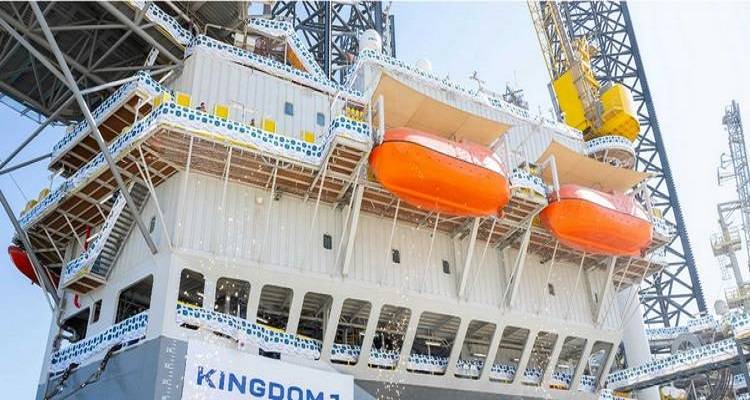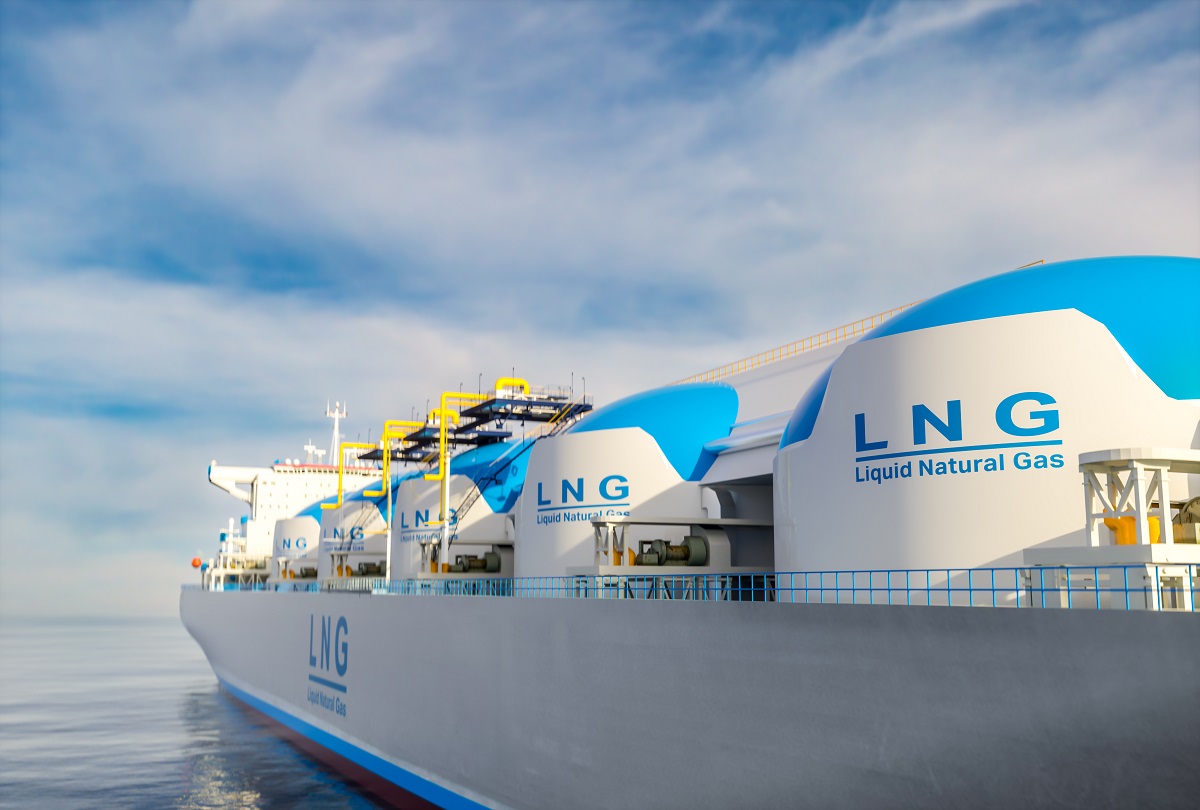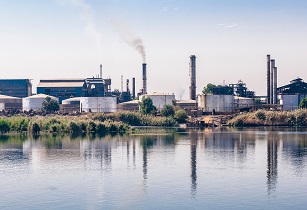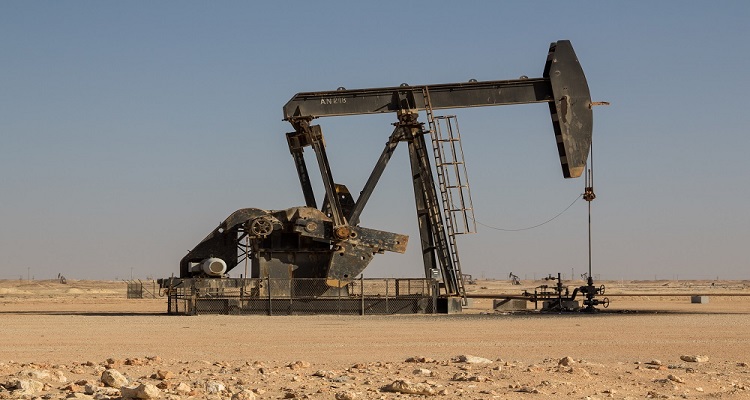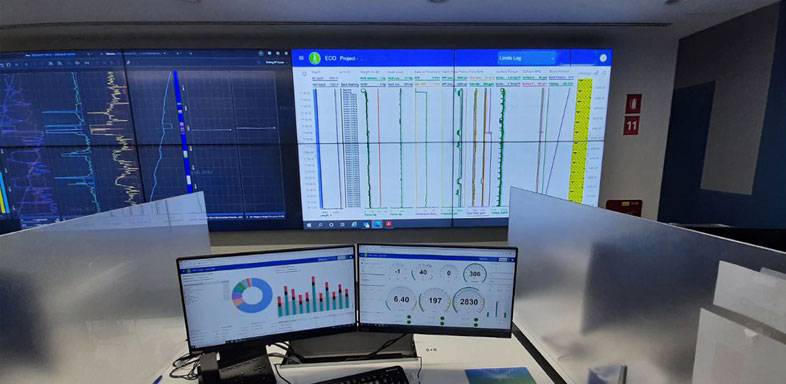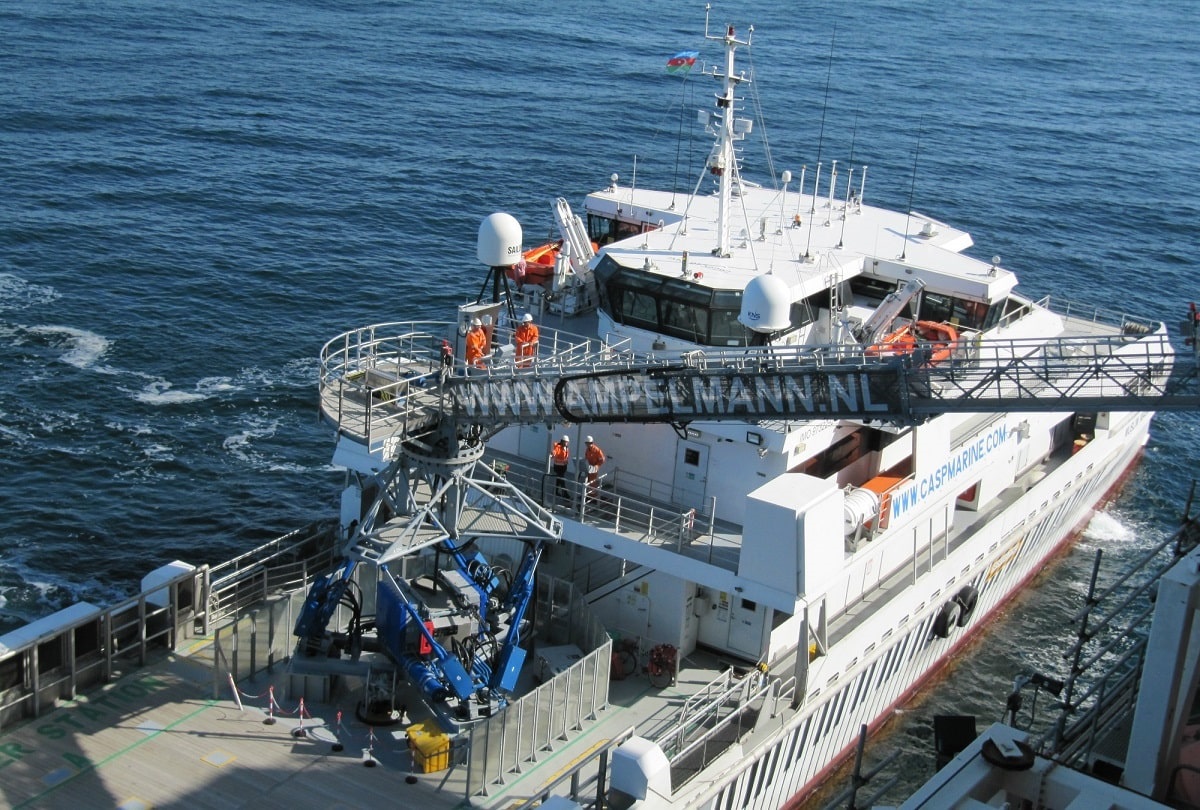Credit rating agency Moodys said in a report that the drop in oil prices after 2014 did not change the direction of its medium-term real growth as the economy is supported by large surpluses
The agency said that fiscal surpluses and financial assets of Abu Dhabi's sovereign wealth fund (ADIA) have helped the UAE finance deficits without issuing debt.
Moody's also expects a gradual recovery in UAE's non-oil growth over the next three years, supported by government spending.
Rating agencies see non-oil growth as an important aspect of economic diversification for countries in the Middle East, which are still highly dependent on oil prices.
The UAE, in an attempt to diversify and create private sector jobs, has been investing in areas such as services, infrastructure, construction and renewable energy after holding back on spending for the last three years.
Dubai has been stepping up spending on mega infrastructure projects ahead of the Expo 2020, which is expected to see 25mn visitors.
"The UAE's superior infrastructure, very high per capita income and vast hydrocarbon reserves support its creditworthiness," said Thaddeus Best, a Moody's analyst and co-author of the report.
"These strengths are balanced against challenges which include limited institutional transparency and the absence of public data around offshore assets and some of the Emirates' public finances," Best added.
Moody's expects the UAE's GDP to grow 2.1 per cent in 2018 and 3.9 per cent in 2019. It expects the UAE's consolidated government deficit to decrease to 0.8 per cent of GDP in 2018, from an expected 2.3 per cent in 2017 due to climbing oil prices.
Moody's currently rates UAE's sovereign debt at Aa2 with a stable outlook.











